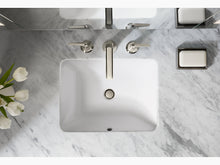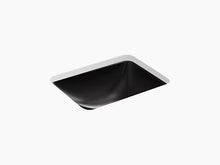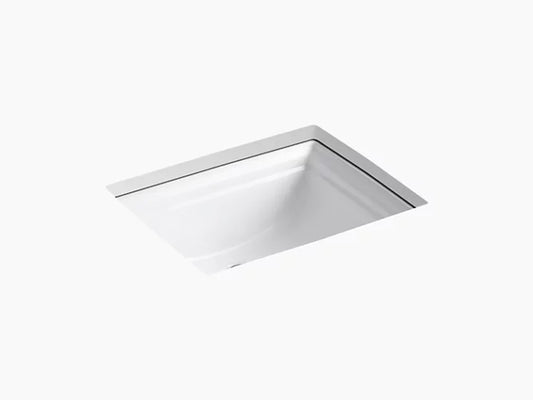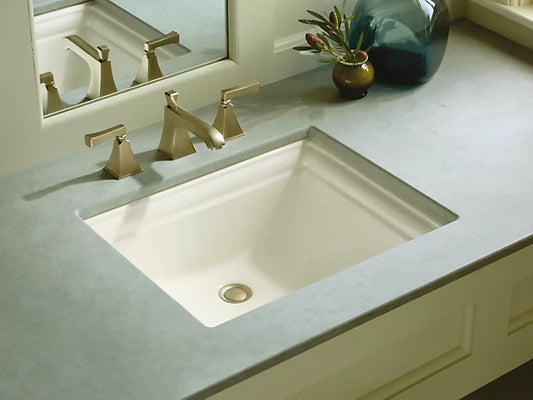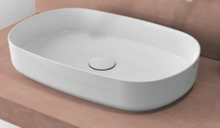-
-
-
-
-
-
-
-
-
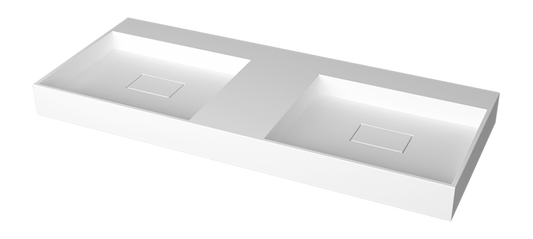
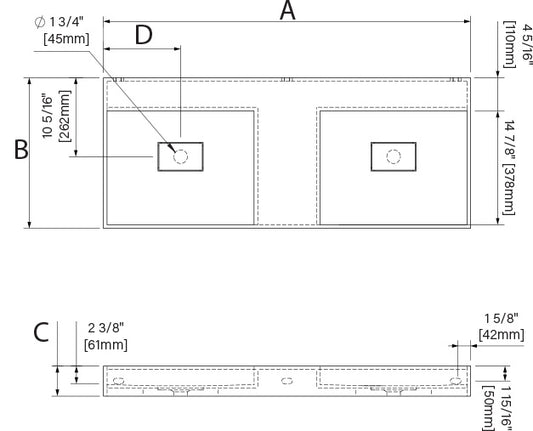 40% Off
40% Off -
-
24% Off24% Off24% Off24% Off24% Off24% Off24% Off
-
-
-
Bathroom Sinks
What Type of Bathroom Sink is the Best?
Vessel sinks can be considered the best bathroom sink type to buy for those seeking a modern and stylish look. Vessel sinks sit on top of the vanity or countertop, creating a striking focal point in the bathroom. They come in various materials, shapes, and colors, allowing for customization and adding a touch of elegance and sophistication to the space. Vessel sinks can enhance the overall aesthetic appeal of the bathroom and make a bold statement. However, it's important to note that personal preferences and the specific design of your bathroom may vary, so it's always best to choose a sink type that aligns with your own style and requirements.
How Much Should a Bathroom Sink Cost?
The cost of a bathroom sink can vary widely depending on factors such as the material, brand, size, and design. In general, bathroom sinks can range from around $50 for basic models to several hundred dollars or more for high-end or specialty sinks. However, it's important to note that installation costs are not typically included in the price of the sink. It's recommended to set a budget based on your needs and preferences and explore options within that range to find a suitable bathroom sink that fits your budget and desired quality.
What to Look for When Buying a Bathroom Sink?
When buying a bathroom sink, consider the size, mounting style, material, faucet compatibility, style and design, functionality, quality and durability, and your budget.
What is the Difference between Cheap and Expensive Bathroom Sinks?
The main difference between cheap and expensive bathroom sinks lies in the quality of materials, craftsmanship, design, and brand reputation. Expensive sinks are typically constructed using high-quality materials like porcelain, ceramic, or natural stone, offering greater durability and resistance to stains. They boast intricate designs, attention to detail, and often come from reputable brands known for their reliability. On the other hand, cheap sinks may compromise on material quality and craftsmanship, resulting in a shorter lifespan and less visually appealing aesthetics. While expensive sinks may provide a luxurious and long-lasting option, it's important to consider your budget and specific requirements to find a sink that strikes the right balance between quality and affordability.
What is the easiest bathroom sink to keep clean?
Stainless steel sinks are generally considered the easiest bathroom sinks to keep clean. Their smooth and non-porous surface resists stains, rust, and corrosion, making them easy to wipe clean with a damp cloth or mild cleanser. Additionally, stainless steel is less prone to harboring bacteria or mold, making it a hygienic choice for bathroom sinks.
What is the easiest bathroom sink material to keep clean? short answer
Porcelain or vitreous china sinks are often considered the easiest bathroom sink materials to keep clean. They have a smooth and non-porous surface that resists staining and is easy to wipe clean with a damp cloth or mild cleanser. These materials are also durable and resistant to scratches, making them a practical choice for easy maintenance and cleanliness.
What kind of sink lasts the longest? Short Answer
Fireclay sinks are known for their exceptional durability and longevity, making them one of the longest-lasting sink options available. Fireclay is a type of ceramic material that is fired at extremely high temperatures, resulting in a solid, dense, and non-porous sink surface. This construction makes fireclay sinks highly resistant to scratches, chipping, staining, and fading. With proper care and maintenance, fireclay sinks have the potential to last for decades.
Is There a Difference in the Quality of Sinks?
Yes, there is a difference in the quality of sinks. The quality can vary based on factors such as the materials used, craftsmanship, brand reputation, and overall design. Higher-quality sinks are typically made from durable materials, have precise construction and finishing, and come from reputable brands known for their reliability. They often exhibit superior performance, longevity, and resistance to stains, scratches, and other forms of wear and tear. Lower-quality sinks may use cheaper materials, have lower craftsmanship standards, and may be more prone to issues like chipping, staining, or discoloration.
What is the most common material for a bathroom sink?
The most common material for a bathroom sink is porcelain or vitreous china. Porcelain sinks are widely used due to their durability, versatility, and affordability. They offer a classic and clean appearance and are available in a variety of styles, shapes, and sizes to suit different bathroom designs. Porcelain is a type of ceramic material that is fired at high temperatures, resulting in a smooth and non-porous surface that is resistant to stains and easy to clean. Its popularity and wide availability make porcelain sinks a common choice for many bathrooms.
What is the Difference Between Cheap and Expensive Bathroom Sinks?
The difference between cheap and expensive bathroom sinks lies in factors such as the quality of materials, craftsmanship, design, and brand reputation. Expensive sinks are often made from high-quality materials like porcelain, ceramic, or natural stone, offering better durability and resistance to stains. They feature intricate designs, attention to detail, and are typically produced by reputable brands known for their reliability. Cheap sinks may compromise on material quality and craftsmanship, resulting in a shorter lifespan and less visually appealing aesthetics. While expensive sinks provide a luxurious and long-lasting option, it's important to consider your budget and specific requirements to find a sink that balances quality and affordability.
What are Average Sink Prices?
| Sink Type | Average Price Range | Material Options |
|---|---|---|
| Drop-in | $50 - $200 | Stainless Steel, Porcelain, Ceramic |
| Undermount | $100 - $500 | Stainless Steel, Porcelain, Ceramic |
| Vessel | $100 - $500 | Glass, Porcelain, Ceramic, Stone |
| Pedestal | $150 - $700 | Porcelain, Ceramic |
| Wall-mounted | $200 - $800 | Porcelain, Ceramic, Stainless Steel, Glass |







